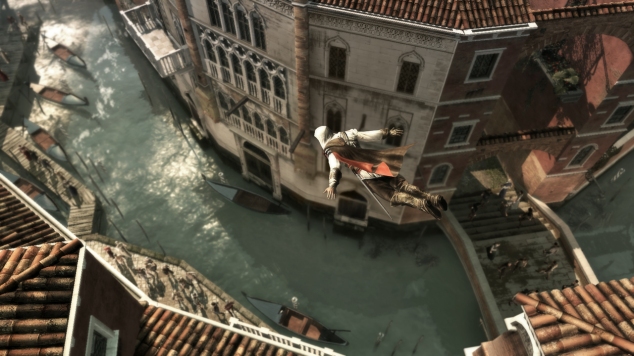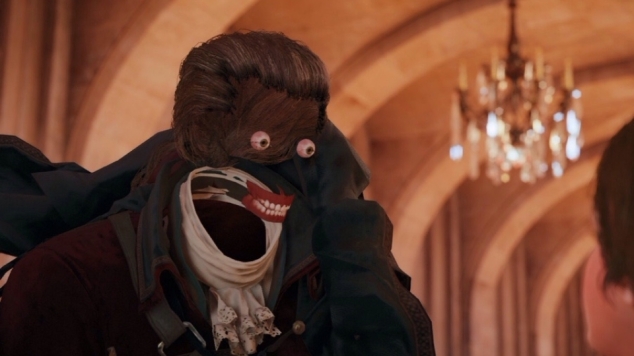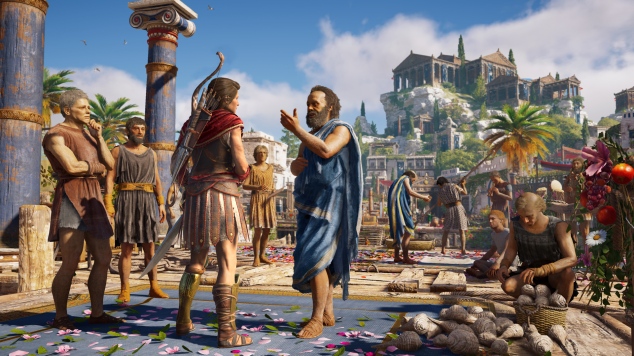Last year, Twilight celebrated it’s 10 year anniversary. I thought I might look upon that fact with distain, remembering stupid, teenage me who stupidly fell in love with Edward Cullen and Stephanie Meyer’s predictable prose before I saw the light and realised Twilight was a bundle of anti-feminist narratives and bad writing at it’s worst.
I was wrong. Instead, I found myself looking upon it fondly, remembering all the joy it once gave me, remembering seeing it in the cinema with friends and excitedly reading the books before going to school the next day to ask my friends if they had read them yet so we could exchange thoughts. I then recently watched Lindsey Elli’s editorial video on Twilight, titled: Dear Stephenie Meyer, i’m sorry. The video was a detailed look into the insane backlash at the Twilight franchise and it’s fans and one point Ellis brought up was the following:
“We hate Twilight, because we kind of hate teenage girls.”
The point hit hard, especially when she went into detail as to why. Ellis claimed that we hate everything teenage girls celebrate, we hate girls being vulnerable, we hate girls liking boys, we hate girls enjoying romance and in turn we hate women celebrating their sexuality. She touched on the fact that the transformers films were similar to Twilight in the sense that the films, stories and characters were shallow and it pandered to the stereotype that boys love cars in the same way that there’s a stereotype for girls to love dark and mysterious men. She brought up the valid point that the backlash for Transformers isn’t nearly as hateful and forceful as the hate for Twilight even though both franchises are largely benign, pointless and actually not nearly as bad as other franchises pandering to specific genders….. Fifty Shades I am looking at you.
We hate women who celebrate sexuality and embrace it, see examples such as Miley Cyrus, Megan Fox, Cardi B, Kim Kardashian. We hate women who embrace the all-encompassing, ‘I can’t live without him’ type of love, see Bella Swan, Juliet and pretty much 90% of women in literature that predates the 1800’s. We hate strong women who excerpt their independence such as Brie Larson, Emma Watson and lets face it, literally every single woman of colour that has dared to have an opinion. If we do not hate them, we either use them as a warning to others, write them off as annoying or unimportant or paint them with the brush of bad influences, and instead urge women to find more suitable role models such as Maya Angelou, Michelle Obama and Amal Clooney etc (all of which are fantastic role models, but that’s not to say the other women aren’t just as important.) We hate strong women, we hate vulnerable women. We hate morally ambiguous women, we hate ‘aggressive women’, we hate ‘weak’ women. We hate loud women, we hate women who stay silent. The point is, no matter what women do, we ultimately learn, through society and patriarchal values to hate everything that makes women up in ways we do not scrutinise men. We do it to each other, sometimes worse than men do.
Feminism has taken a strange turn over the last few years. We have shifted to now hating women that encompassing anything that isn’t ‘a strong independent woman of 2019 who don’t need no man.’ Hence why we hate women like Bella Swan who seemingly don’t exist outside of living for their male love interests. We shoot down women who choose to forgive cheating partners, we chide women who move from partner to partner or who air their dirty laundry for all to see. One recent example that steered away from this attitude is the characterised version of Elizabeth Schuyler in Lin Manuel-Miranda’s fantastic stage show, ‘Hamilton’. Spoilers ahead if you haven’t yet seen the play or know the story of Alexander Hamilton.
Eliza, while revolutionary in some ways, is ultimately a product of her time. She is a relatively quiet woman, an obedient one, unlike her sister Angelica. Eliza strives for nothing more than to marry her husband Alexander Hamilton and be a good wife to him and a good mother to her son. The first half of the play made her almost into a Disney princess type character, singing about how she first laid eyes on Alexander and felt ‘helpless’, falling hopelessly in love with him from first laying eyes on him. When Alexander cheats on her, she does the typical “you have ruined our lives, sleep in the couch, you ain’t getting any tonight.” Despite her anger, their marriage never becomes a hateful one. Sure, she finds it hard to forgive Alexander for the death of their son, but she does, in time come to forgive him and even goes as far as to encourage him to stop working and spend more time with her etc, showing the audience that she has ultimately forgiven him, loves him and wants to make things work. At the end of the play, she is arguably presented as the hero of the play, the unproblematic fave if you will, seeing as she goes on to tell Alexander’s story and even opens up an orphanage to help children orphaned in the civil war. Considering she is a vulnerable woman and did a lot of things we chide women for doing in modern day such as taking a cheating man back and falling in love with him so quickly and seeing little else outside of her life other than her husband and child, she is never met with backlash and is instead celebrated as exactly what she is, a powerful, complex woman who isn’t perfect, but isn’t bad either. It’s interesting to see how the attitude to multi-layered ‘vulnerable’ women has shifted in some cases and not in others.
Why is Elizabeth Schuyler celebrated as a vulnerable woman who puts value into her flawed relationship but someone like Bella Swan isn’t? Is it because of sexism built into our systems, is it because people object to a modern woman behaving as such, or is it simply just because Bella Swan is a less likable, more bland character? Why do we love Disney princesses but hate women like Bella Swan and 80% of heroines in YA fiction?
I personally do see the attack on Bella as part of the bigger picture, and of how we do hate or fear vulnerability in women as much as men fear strength or independence in women, however I am also open to the fact that there are flawed literary characters that do more damage than good as well. It’s a dialogue I would love to open up with others as it’s one that does have so many different levels and factors. What do you guys think? Does this conversation really eat away at you, or do you see women like Bella Swan as more damaging than good?




